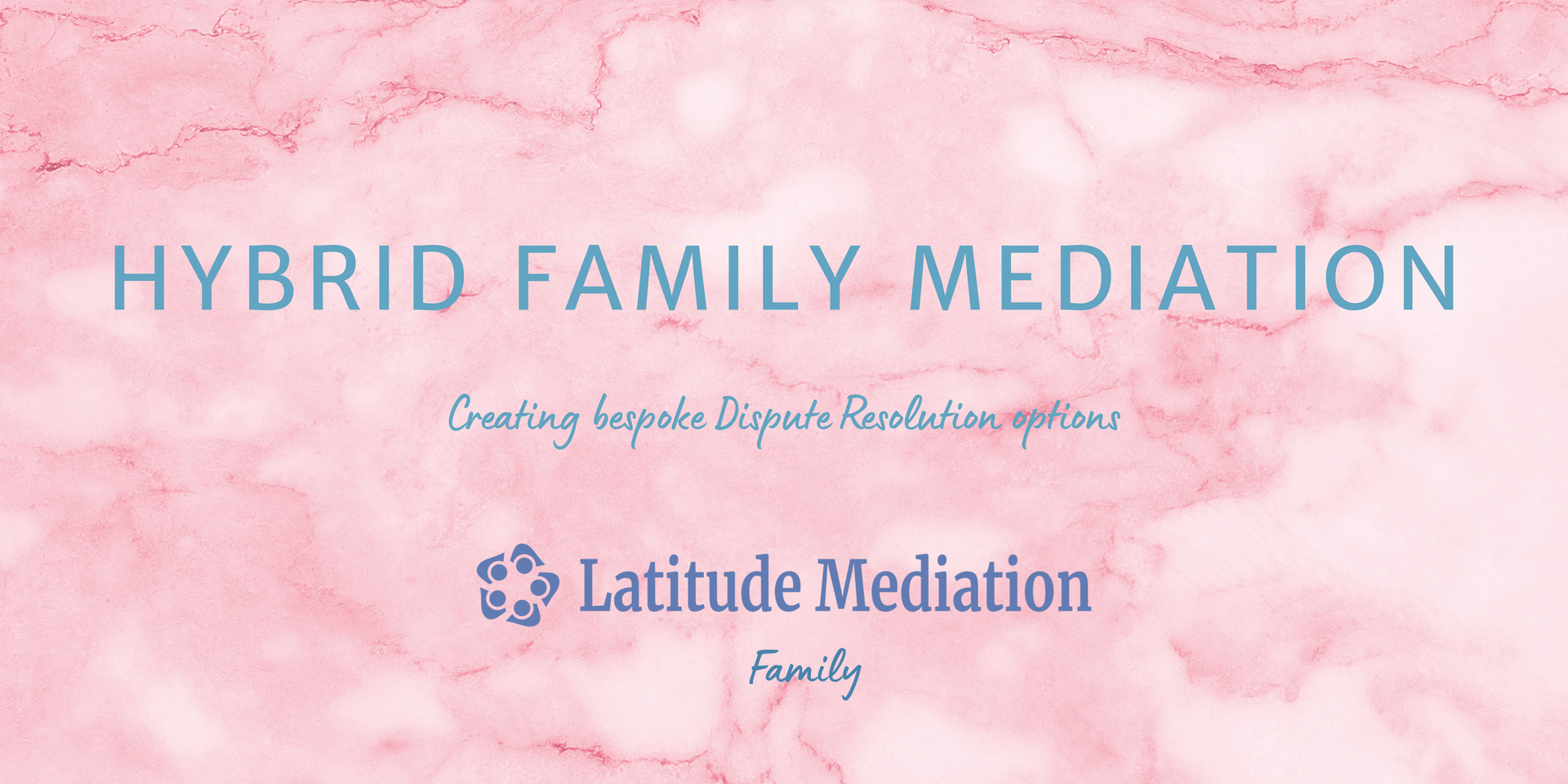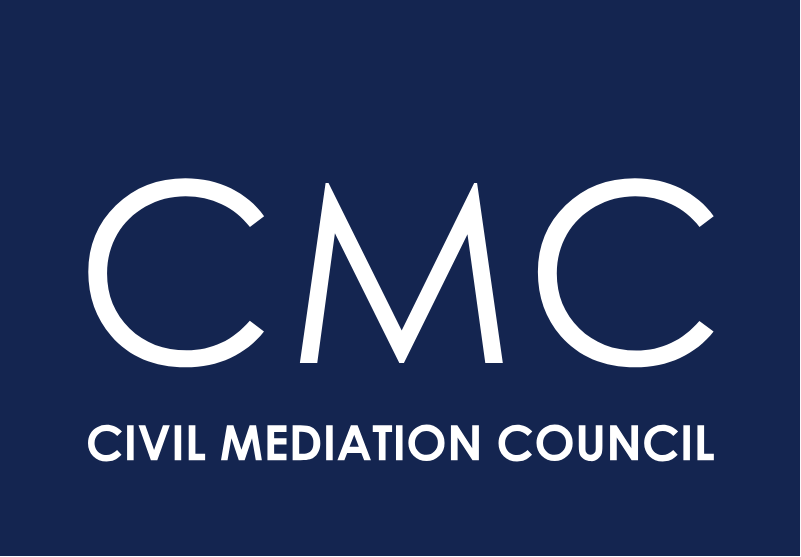Mediation Clauses in Contracts
Draft Mediation Clause
In the event of any dispute arising out of or relating to this contract, the participants agree to first attempt to resolve the matter through mediation administered by Latitude Mediation (www.latitudemediation.co.uk), before resorting to arbitration or litigation. The participants agree to attend the mediation sessions in good faith and with the intention to resolve the dispute. Any participant may utilise this clause by writing to the/ all other participants and requesting a response within 14 days of receipt of the notice to mediate.
The Mediation Process:
- Selection of Mediator: The participants shall jointly select a mediator from Latitude Mediation’s panel of mediators. If the participants are unable to agree on a mediator within [number of days], Latitude shall appoint an appropriate, qualified mediator.
- Mediation Session: The mediation shall be conducted at a mutually agreed location or virtually, as determined by the mediator if necessary, noting that virtual and hybrid mediation is available.
- Confidentiality: All communications during the mediation process shall be confidential / without prejudice and may not be disclosed to any third participant unless required by law.
- Costs: The costs of the mediation, including fees of the mediator shall be shared equally between the participants unless otherwise agreed.
- Enforceability: The participants agree to engage legal representatives during or on conclusion of their mediation in order that, should agreement(s) be reached, a formal settlement agreement shall be drafted to make those agreement(s) legally binding and enforceable.
The participants understand and agree that the commencement of mediation will not prevent the participants commencing court proceedings.
In the intricate dance of business transactions and interpersonal agreements, conflicts can occasionally arise, threatening to disrupt the smooth flow of collaboration. While no one anticipates disputes, they are an inevitable aspect of the complex web of human interactions. In such a scenario, having a mediation clause nestled within your contracts can be the key to unlocking resolutions, fostering collaboration, and maintaining the integrity of your business relationships. In this blog post, we unravel the reasons why incorporating a mediation clause in all your contracts is not just a prudent choice but a strategic necessity.
1. Preserving Business Relationships: Contracts serve as the backbone of business relationships, outlining the terms and expectations that guide collaborations. However, when conflicts arise, traditional adversarial approaches such as litigation can strain relationships and lead to irreparable damage. A mediation clause, on the other hand, signals a commitment to resolving disputes amicably. Mediation is a collaborative process that preserves relationships by fostering open communication and mutual understanding, steering participants away from the hostility of a courtroom battle.
2. Time and Cost Efficiency: Litigation can be an arduous and costly process, often consuming valuable time and financial resources. Mediation, with its streamlined procedures and focus on collaboration, offers a quicker and more cost-effective alternative. A mediation clause ensures that, in the event of a dispute, participants will first attempt mediation before resorting to more resource-intensive methods, saving both time and money in the long run.
3. Empowering Participants in Decision-Making: Mediation empowers participants to actively participate in crafting solutions that align with their interests. A mediation clause reinforces the idea that, in the face of conflict, the participants will engage in a structured yet flexible process where they have control over the outcome. This collaborative decision-making not only leads to more sustainable resolutions but also enhances the participants' sense of ownership over the final agreement.
4. Maintaining Confidentiality: Unlike the public nature of court proceedings, mediation operates under a veil of confidentiality. Mediation clauses underscore the commitment to keeping disputes and their resolutions private, protecting sensitive business information and maintaining the reputational integrity of all participants involved. This confidentiality fosters an environment where participants feel more comfortable sharing information and exploring creative solutions without fear of public scrutiny.
5. Adaptability to Unique Circumstances: Every dispute is unique, with its own set of complexities and nuances. Mediation offers the flexibility to tailor solutions to the specific needs of the participants involved. Including a mediation clause in contracts acknowledges the dynamic nature of business relationships and the understanding that, if conflicts arise, the participants will seek solutions tailored to their circumstances rather than adhering to a one-size-fits-all approach.
6. Compliance with Legal and Ethical Standards: In many jurisdictions and industries, including the UK, there is a growing emphasis on alternative dispute resolution. Including a mediation clause in your contracts demonstrates a commitment to compliance with legal and ethical standards that encourage the use of mediation as a preferred method of resolving disputes. This proactive approach can positively influence regulatory relationships and showcase a commitment to responsible and efficient conflict resolution.
In the ever-evolving landscape of business and interpersonal connections, a mediation clause emerges as a strategic investment in the health and longevity of these relationships. It not only safeguards against the potential pitfalls of conflict but also paves the way for collaborative problem-solving, ultimately enhancing the resilience and sustainability of your business. We all know that "prevention is better than cure," and in the realm of contractual relationships, a mediation clause serves as a preventative measure, ensuring that conflicts are met with a commitment to resolution rather than escalation.





















